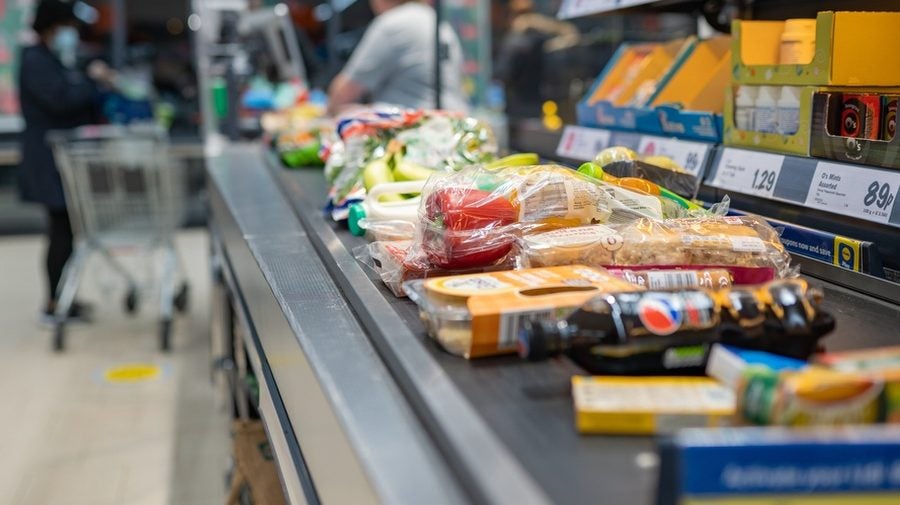The UK is seeking to come up with a “level of standardisation” for existing eco-labels on food and drink products to avoid the potential for greenwashing.
A report compiled by the government body Defra, said there are “no plans at present to introduce a mandatory eco-label, nor to endorse an existing or new eco-labelling scheme”.
Instead, the Department for Environment, Food & Rural Affairs wants to bring commonality to the different methodologies used to back voluntary eco-labels currently in use or for “emerging schemes”.
The paper outlined a current “lack of consistency”, which “creates potential for false or misleading environmental claims (greenwashing) and confusion”.
It added: “Low consumer trust, understanding and engagement with eco-labels, along with business concerns about the reputational risk of being accused of greenwashing, are contributing to low levels of market penetration.”
Coming under the UK government’s 2022 food strategy, the Food Data Transparency Partnership’s (FDTP) preferred method for eco-labels is for a “lifecycle assessment (LCA) approach to quantify the environmental impact throughout a product’s life cycle”.
Not all of the existing eco-labels employ that approach, with some centering on greenhouse gas emissions or a “multi-metric” system such as biodiversity or land use, water pollution and water usage, the report said.
“The scientific community lacks consensus around which are the best metrics to measure the environmental impact of food,” it added.
“Our aim is not to displace these schemes, as we believe they play an important role in promoting higher standards at farm level. However, as they do not cover the entire lifecycle of a product, we can see the potential value-add LCA-based eco-labels can bring.”
Some 21 voluntary food and drink eco-labelling schemes operating in the UK have been identified since 2021, which the report said use different environmental metrics.
The FDTP seeks a “consistent product level accounting standard that provides clear rules to enable comparable product footprints”.
FDTP is a partnership between Defra, the Department for Health and Social Security (DHSC) and the Food Standards Agency (FSA), along with industry representatives and academia.
For eco-labels currently in use, “it is important that they provide a fair and accurate representation of a product’s environmental impact, so that genuinely more sustainable products can successfully differentiate themselves and consumers are not misled”, according to the report.
“Once we have addressed the fundamental issues of how to quantify product level environmental impacts and ensuring sufficient data quality and availability, we will consider the need to develop the eco-labelling methodology further to cover other aspects of eco-labels, such as label design and application.”









